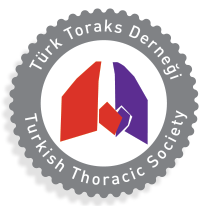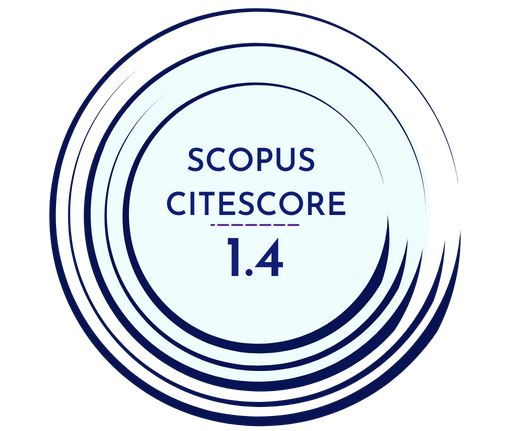Abstract
Objectives: The most important goal in the treatment of asthma is to provide disease control. Some factors in the patients’ lifestyle may make it difficult to achieve control of asthma, a chronic disease. In this study, we aimed to investigate physical activity and dietary attitudes in asthma patients and evaluation of their relationship with asthma control.
Methods: The study included adult patients with asthma for at least 1 year from 14 centers. Demographic and disease characteristics, pulmonary function test and asthma control test (ACT) score were recorded from the patient files. The patients were asked to record the international physical activity questionnaire (UFAA), healthy lifestyle behavior (SYBD) scale and frequency of food consumption questionnaire.
Results: A total of 234 asthmatic patients (F/M: 184/50, mean age: 43.84±13.94 years) were included. The duration of asthma was more than 10 years in 109 patients (44.9%) and 160 (68.4%) had controlled asthma. Women were less active than males according to UFAA and activity decreased as age increased (p=0.117). Those with controled asthma were more active (p=0.06). SYBD in the form of physical activity was more pronounced in males than in females (p=0.047) and in normal weighted subjects than in obese asthmatics (p=0.023). As the age increased, SYBD in the form of good nutrition increased (p=0.008). The women (p=0.03) and normal weighed subjects consume less grains (p=0.043). While the consumption of milk (p=0,03), vegetable-fruit (p=0,015) increased with age, carbohydrate consumption (p=0,024) decreased. The daily step count was 4545 steps in women and 6692 steps in men (p<0.001). Patients with asthma less than 10 years were slightly more active than those with more than 10 years (p=0.09). The number of steps of obese patients was less than normal and overweight (p=0.002).
Conclusion: Although patients who are in control of asthma seem to be physically more active, in general, there are not enough SYBDs in terms of physical activity and dietary habits. Awareness about these factors reflecting the patients’ lifestyle needs to be increased.



.png)
